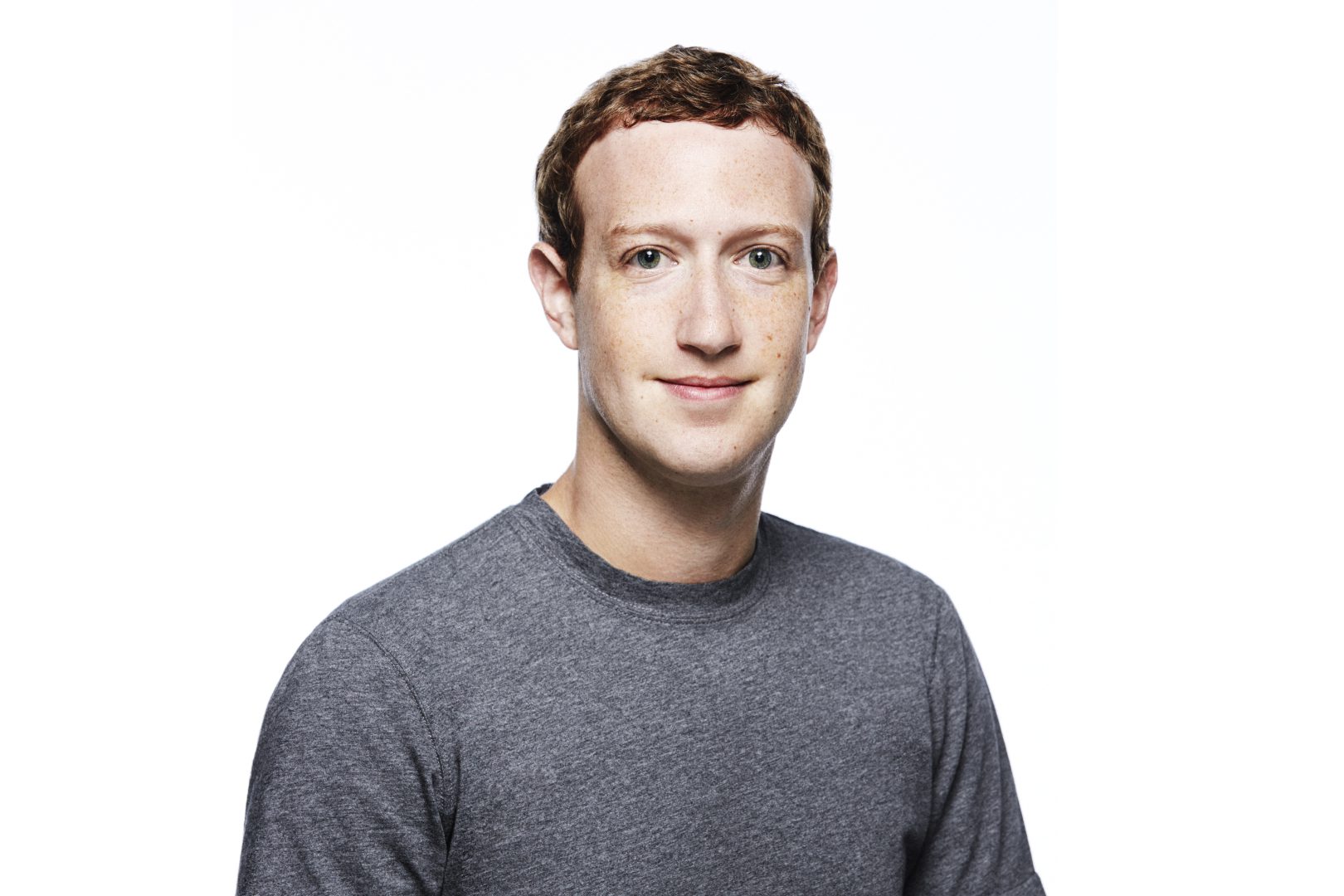How concerned should advertisers be about Facebook in light of the credibility problems that the world’s largest social network has been facing lately? The answer depends on how you use Facebook to advertise.
If you rely on Facebook solely to achieve visibility, you should be especially concerned about the recent news concerning Facebook being manipulated with political advertising through the creation of phony accounts. Even if you don’t do political advertising, you have good reason to ask, “How can I be sure I’m not paying for phony accounts to view my advertisement?”
But for businesses that employ Facebook advertising with a cost-per-click (CPC) model, the existence of phony accounts is less concerning because fake accounts are not going to click on your ad.
But however you advertise on Facebook or any other social media, Facebook’s recent woes are a reminder that you should not take a set-it-and-forget-it approach to advertising on social. At a minimum, monitor the performance of your advertising and the integrity of the engagement you are getting from your ads, an example being the inevitability that people will troll your ads with inappropriate comments on social.
Mark Zuckerberg in the Hot Seat
The ongoing news about Facebook being used to spread bogus news during the 2016 presidential race has caused Mark Zuckerberg to vow to improve the integrity of Facebook as an advertising platform, but his actions have been met with skepticism. Big brands have been expressing their concerns about Facebook’s reliability.
The concerns are understandable. At the same time, I think it’s useful to take a step back and look at the big picture:
- Facebook has 2 billion members. Its ability to create engagement and brand activation remains strong. In a sense, the platform is too big for brands to ignore. For all its problems, Facebook brings incredible scale and shareabilty to any advertising roll-out. For example, with Facebook’s targeting tools, media/entertainment companies can create effective 15-second video spots to promote upcoming events in order to boost awareness. Put another way, it would be foolish for Warner Brothers to react to Facebook’s problems by dropping the platform from its media mix for promoting Justice League with clickable trailers.
- As noted, a CPC model, while not perfect, helps a brand hold a platform like Facebook more accountable for performance, as click-throughs separate the real people from fake accounts. Yes, click fraud happens. And yes, Facebook has been stung by periodic criticism about click fraud in the past, but Facebook has a way of learning and improving in response. (At True Interactive, we’ve not received any complaints about click fraud on Facebook recently.)
The bigger problem is trolls commenting on your ad. You have to brace yourself for the reality that the more you advertise on a social site, the greater the risk you run of attracting trolls who disrupt the conversation occurring about ad after you post it on Facebook. This risk is especially great on Facebook.
I suggest Facebook advertisers:
- Keep your Facebook advertising focused on a CPC model.
- Manage your account closely. Don’t go on autopilot. If your ad is getting trolled, you want to be the first to learn about it on your own.
- Avoid clickbait or ads, which will act as troll magnets.
- Keep advertising on Facebook, but be smart about it. Use tools at your disposal such as retargeting and audience segmentation.
You should definitely advertise on Facebook depending on your objectives. But if recent news has taught us anything, it’s this: manage your presence on Facebook. Closely.
Contact True Interactive to maximize the effectiveness of your digital advertising. We’re here to help.
